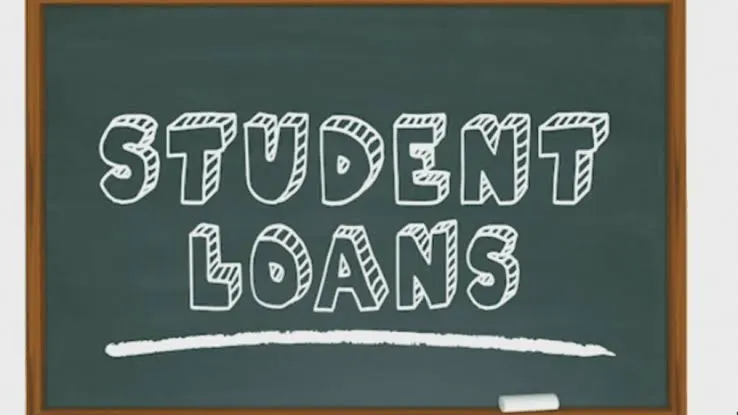Student Loan Act and its benefit, do you want to know more about the newly lunced Student Loan Act 2023?
We are here to keep you updated about the loan and how you can become a beneficiary of the newly launched student loan by the Nigerian Government.
According to the Federal Ministry of Education, the Student Loan Act is a type of loan intended to assist students in paying for their education.
This type of loan, which is intended only for educational purposes, is typically issued by financial institutions, governmental organisations, or educational institutions themselves.
Students take out loans to pay for their tuition, books, housing, and other associated costs.
The Student Loan Act and its advantages usually have low interest rates and accommodating repayment schedules, making them accessible to students from all backgrounds for the Student Loan Act and its benefit
This loan is for student who does not not have the financial power to pay for their higher education in order to pursue their academic objectives.
While student loans can be advantageous, borrowers must be aware of the obligations and potential difficulties that go along with them. Here are some important things to think about:

Student loan
Loan Types: The student loan covers many varieties which include the federal loans (by the government) and Individual loans (by banks or other financial institutions). Each of these loan have terms and conditions, interest rates, and option for repayment. It is important to do some research and compare the loan so as to make a proper decision.
Interest Rates and Repayment Terms: If you want to take part part of this loan, you have to be attentive about the interest rates and repayment procedure. Student loans normally have fixed interest rates, while private loans have variable interest rates.
To understand the repayment option, there are grace period, deferment, and forgiveness programs, you have to make choice according to the plan that fit in you financial situation.
Financial Literacy: You have to be enlighten about the loan processes such as budgeting, managing expenses, and building credit. This knowledge will help you take a wise decisions before and after your college years.
Loan Repayment: After finishing your academics, you have to take the responsibility for repaying the student loans. Be informed about the process of repaying your loan, and know also when they would start the payment, the amount needed to pay each month and the current plans for repayment.
Establishing a sound repayment schedule will help you manage your debt successfully and avoid defaulting on your loans.
Seek Assistance and Resources: Reach out to your loan adviser or financial aid office for advise and assistant if you are having issues paying back your student loans due to monetary difficulties or other issues; they can offer insightful information and choices to help you get through any difficulties.
Steps to access the student loan

Student Loan Act and its benefit
This loan is tag an act to for easy accessible from student of the higher institution in the country, it is now established by law and implemented by the federal ministry of education assisted by commercial banks it has Femi Gbajabiamila as its coordinator.
Upon satisfaction, students seeking for this loans under the Act shall submit an application through their various institutions to the Chairman of the Bank.
with the following requirement:
(i) Student must be admitted into any public
University, Polytechnic, COE, in Nigeria.
The applicant must provide at least two guarantors who must be civil servant with at least salary grade level 12 , legal practitioner with at least 10 years of post-call experience, judicial officers, or justices of the peace. The applicant’s salary or family income must be less than N500,000 per year.
Students who have failed to repay prior debts, been convicted of a felony, or engaged in drug use will not be taken into consideration.
Students whose parents have failed on prior loans will not be taken into consideration.
A list of all eligible applicants from the institution, along with a cover letter signed by the Vice-Chancellor, Rector, or other head of the institution and the student affairs, must be provided with each application through the students affairs office of each institution.
Any loan recipient mentioned in this Act must start making payments two years after completing the National Youth Service Corps.
(Repayment shall be made by the employer through a direct deduction of 10% of the beneficiary’s wage.
The beneficiary shall pay 10% of his monthly gross income into the Student loan account that the Bank will specify if he is self employed.
Ensure that paying off your student loan serves as an investment in your future and education. While they can provide individuals with the resources to pursue higher education, it is pertinent to use them with caution, borrow prudently, and develop a repayment plan. By being informed and proactive, you may get the most of your education while managing your financial obligations.







